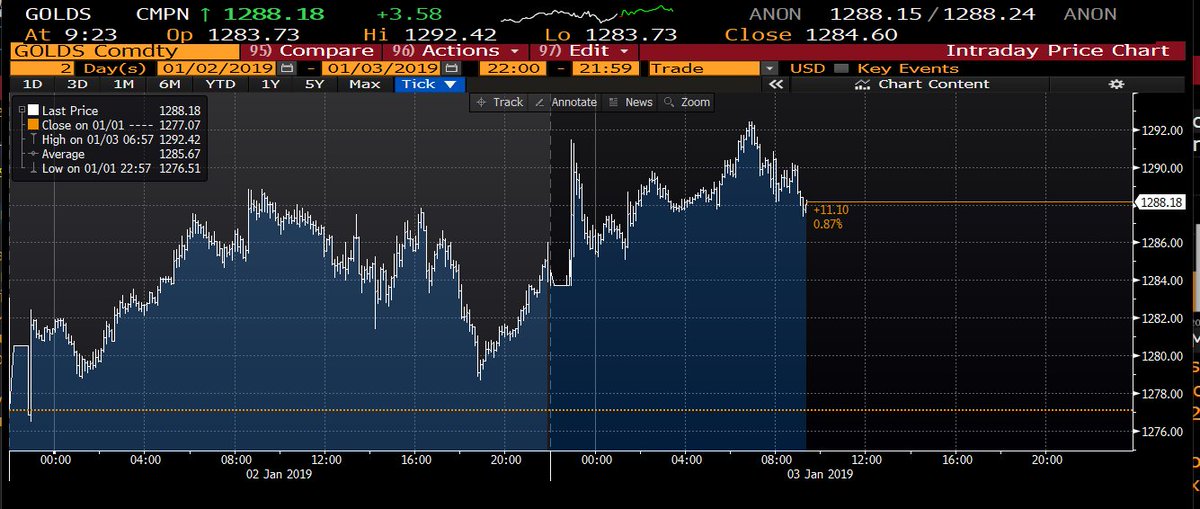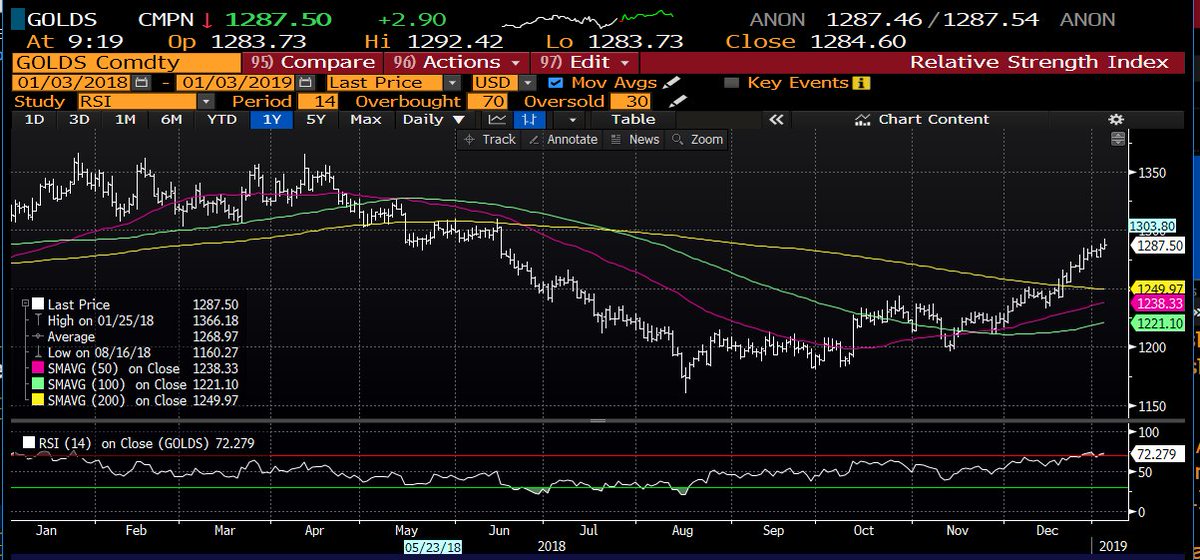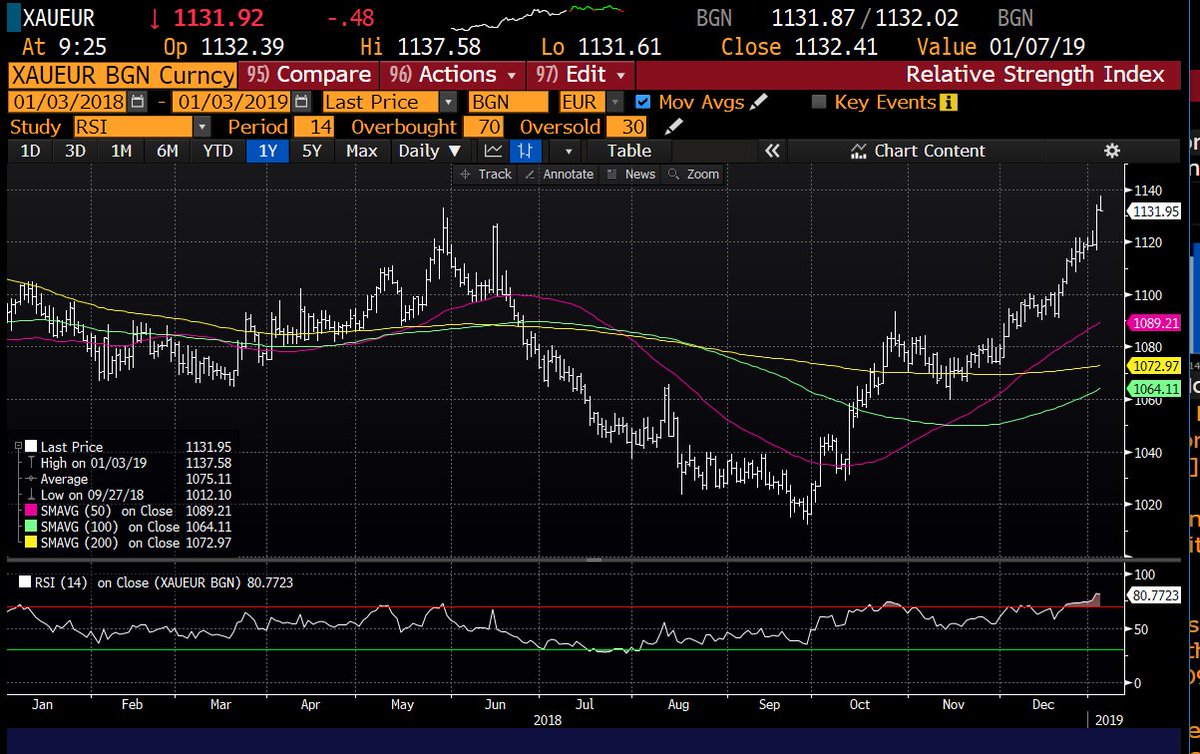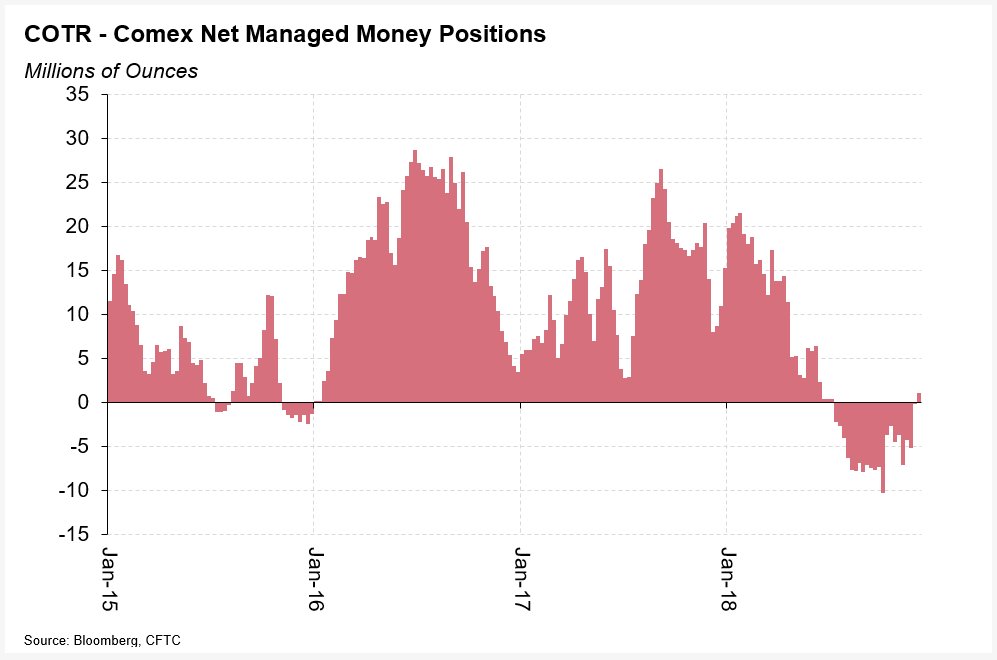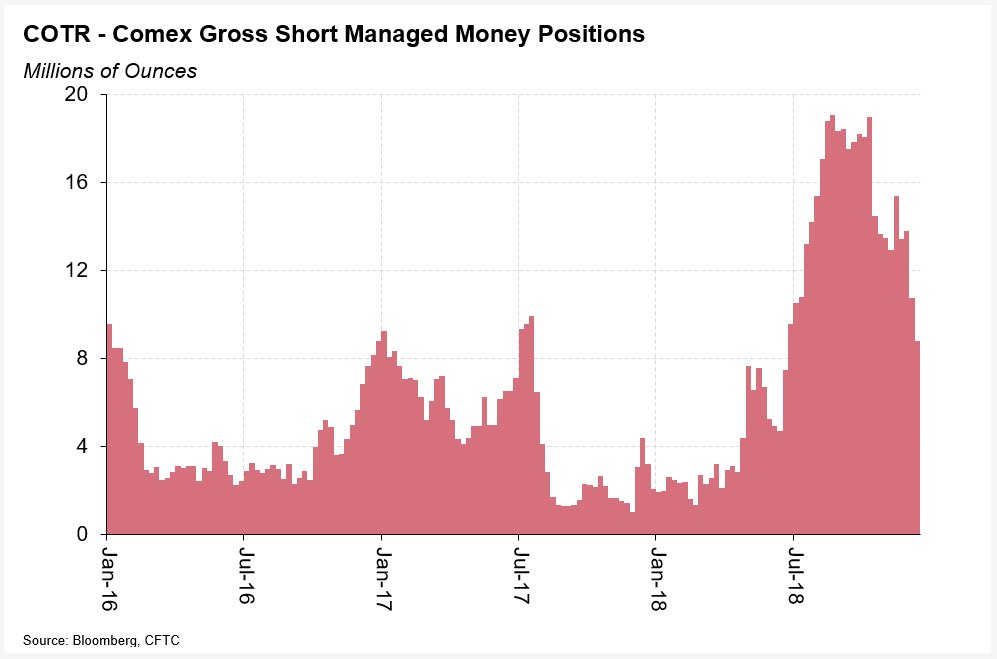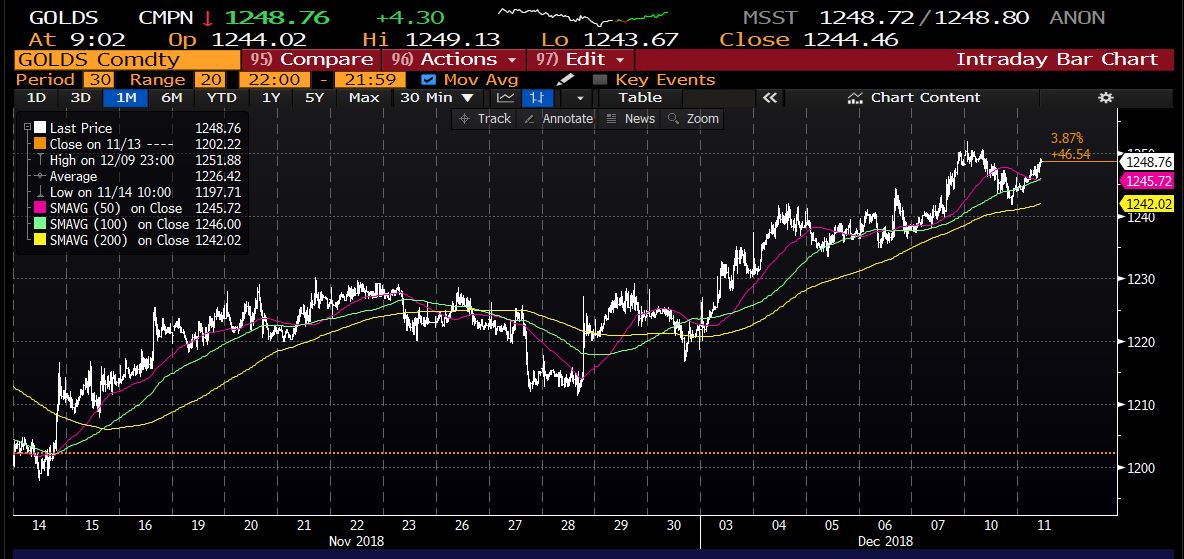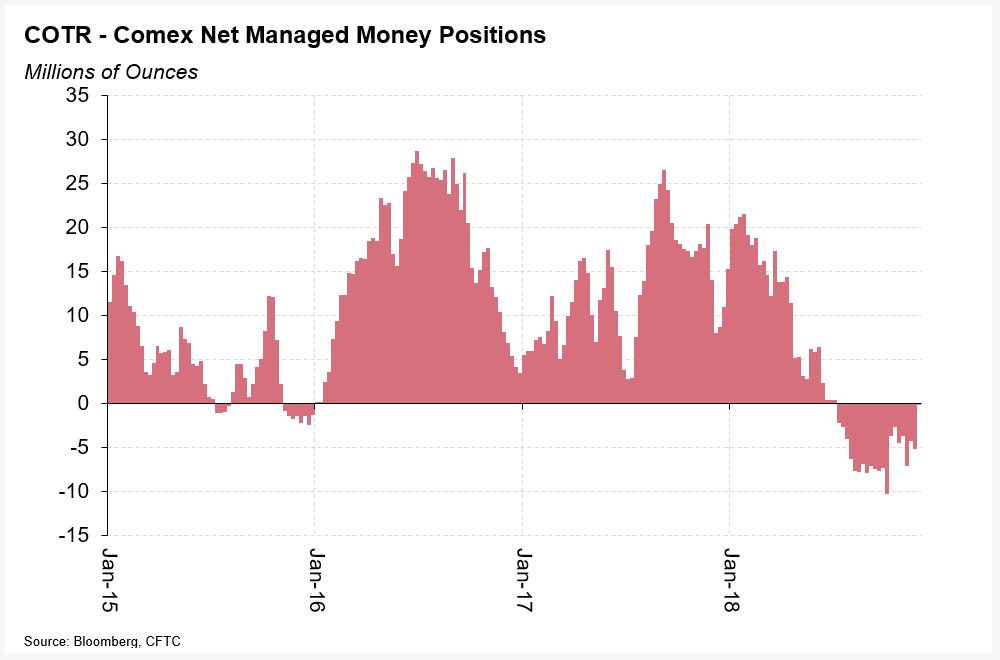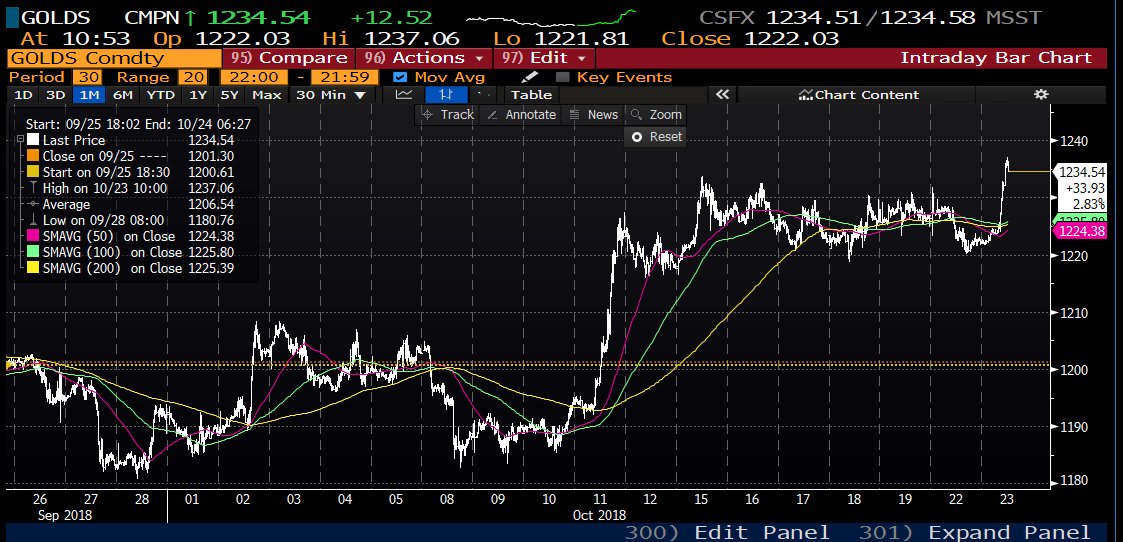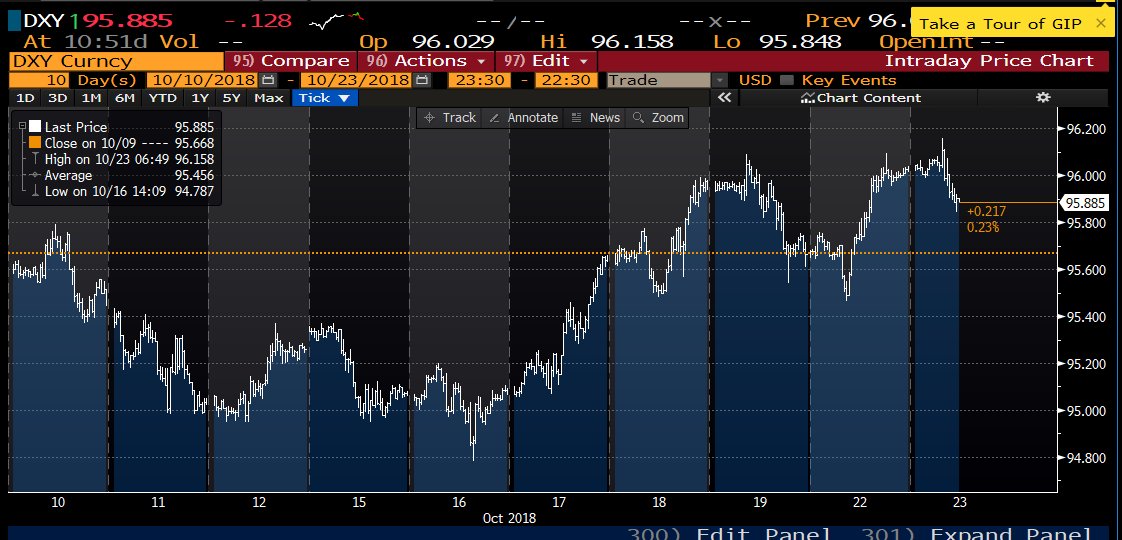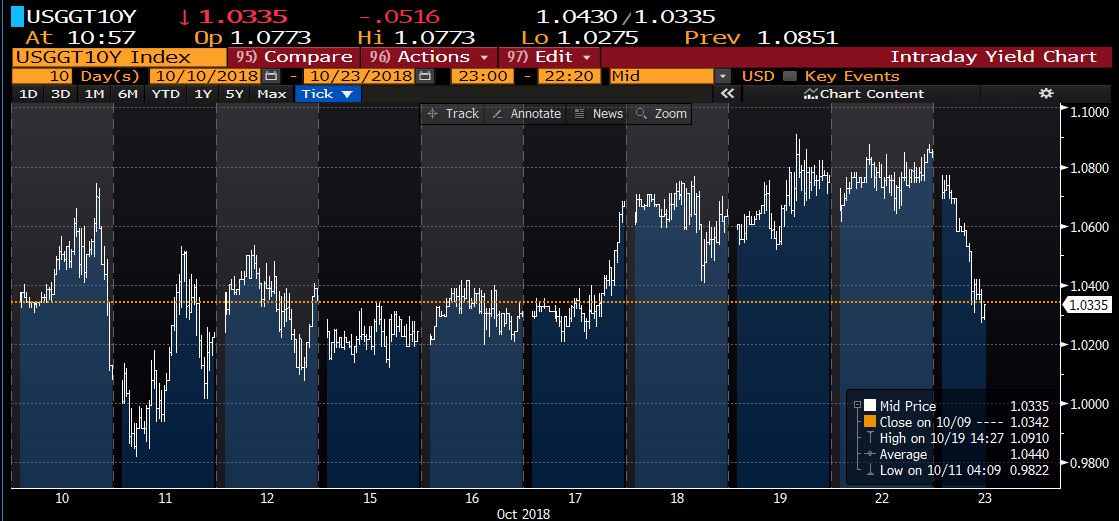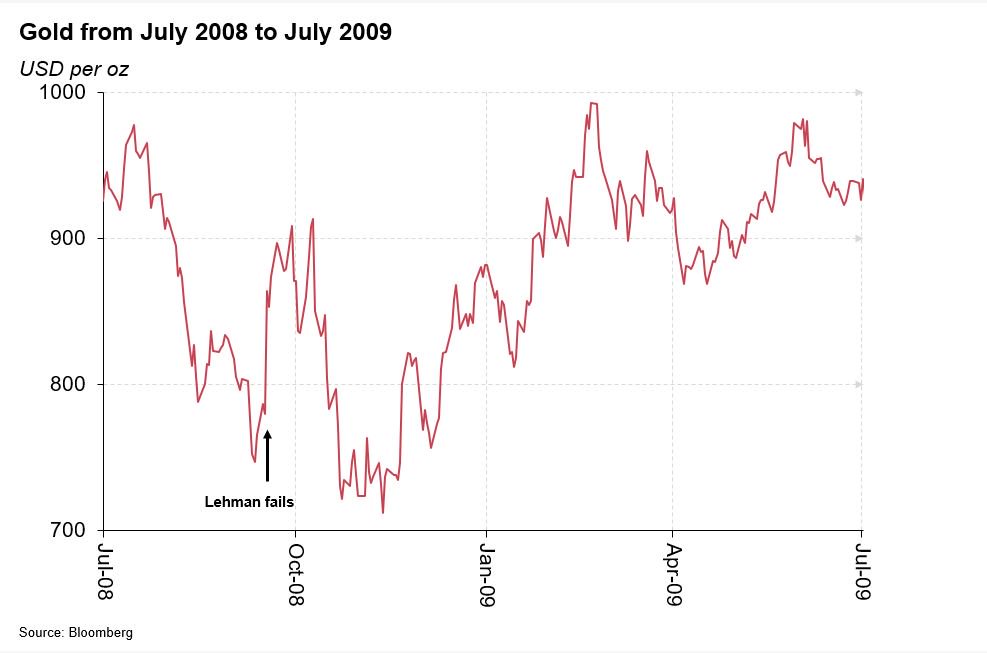I disagree. Yes moneys are stories, but they are not arbitrary stories.
The money-winners eventually emerge due to possessing very specific characteristics.
I assume you imply the MoE function of money.
Yes, but money has several forms and functions. Using a money-form for purposes of SoV is also “using” money.
Holding is using.
Money acquires its increased value from being increasingly held, not from being increasingly “spent”, if the latter is what you mean by ‘using’.
All cryptocurrencies are simutalenously Digital Gold and Digital Cash, just at different extents and different stages.
@pierre_rochard described the false dichotomy here:
Some even question how many use-cases even need a dApp. Sure, some ideas come to mind, but will there really be 100s of globally popular dApps anytime soon?
It’s difficult to be both the soundest, hardest money imaginable while providing best-possible UX for dApps.
The very fact that ETH wants to do a hardcap, i.e. become more BTC-like, says enough on its own.
It isn’t as good at being SoV / Sound Money as BTC, and it is likely not going to be as smooth / cheap / frictionless at being a dApp platform as more centralized platforms like your beloved EOS.
Why? Because having an uninflatable, uncensorable, hypersecure SoV *IS* a great form of utility in and of itself, arguably some of the biggest utility.
I also believe that smart contracting functionality will get commoditized. In an of itself it is not enough of a moat to force itself to be the ultimate SoV.
And, as I said, in my view, those people don’t care about blockchain tamagotchis and quirky DAOs.
1. Security (Cost of Attack, QualityCode)
2. Censorship-resistance
3. Immutability / Irreversibility
4. Disinflationary Monetary Policy
5. Credibility of/Hard to change Monetary Policy
6. Distribution of coin ownership/Gini
7. Privacy?
It is simply irrational for agents to park their wealth in an inflationary system when a disinflationary / fixed-supply one exists.









